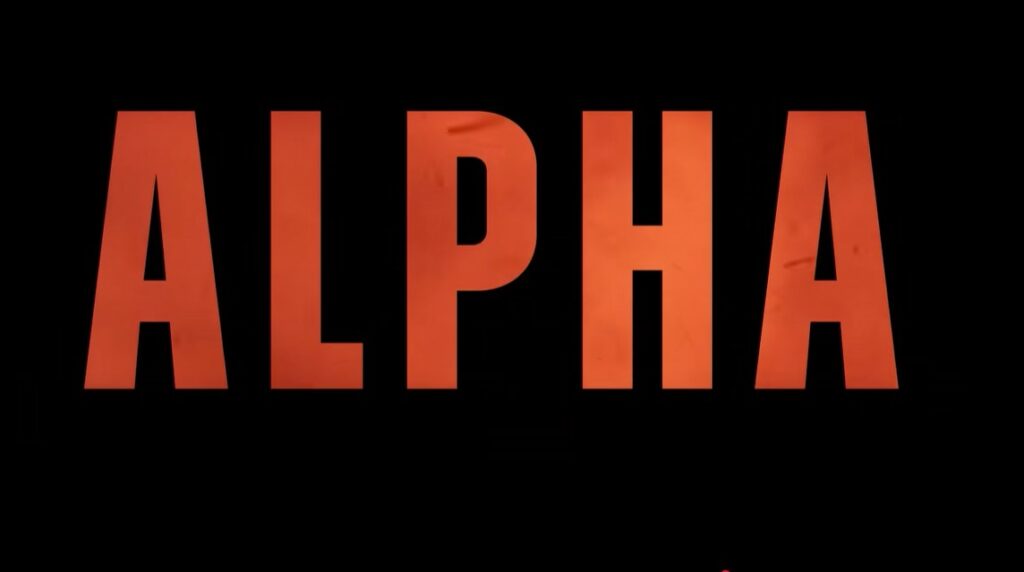This year at Cannes, several films—some even in the main competition—are shining a spotlight on the early years of the AIDS epidemic, a time marked by fear, stigma, and isolation. But there’s a twist: these stories are being told with a fresh perspective, shaped by our recent experience with the COVID-19 pandemic. The result? A powerful, relatable look at how society reacts to the unknown, and how history echoes through new generations.
New Films, Old Fears
In “Alpha” by French director Julia Ducournau (who already wowed Cannes with “Titane” in 2021), and in “Le Mystérieux regard du flamant rose” by Chilean filmmaker Diego Céspedes (which just snagged the Un Certain Regard prize), a mysterious new virus is at the center of the plot. It spreads rapidly—especially among drug users and the LGBT community—creating panic and confusion. In “Alpha,” crowds desperately gather outside hospitals, hoping for help. In Céspedes’ film, set in a remote desert village, people believe the disease can be spread just by looking at someone.
These stories aren’t just about the virus itself—they’re about how fear can infect every layer of society. Ducournau, who grew up in the 80s and 90s when AIDS was devastating communities, remembers being more scared of the isolation and judgment than the illness itself. “You could find yourself completely alone in the world because people decided you were a danger,” she told AFP. Even in the schoolyard, a scraped knee could make you an outcast.
Céspedes, too, recalls the “dark, dangerous” image of AIDS that he grew up with, shaped by warnings from his mother. That’s why he chose to focus on trans women in his film—characters who, despite being rejected by society, find joy and solidarity together.
Stories Rooted in Real Lives
Spanish director Carla Simón’s “Romería” (also in competition) takes a more personal approach. The film follows a teenage girl traveling to Galicia to uncover the story of her parents, both heroin users who died of AIDS. She discovers a family history shrouded in secrecy and shame—a reflection of Spain’s devastating AIDS crisis in the 1980s, when the country had the highest rates in Europe.
Echoes of COVID-19
If some of these scenes—packed hospitals, gloves and masks, people afraid to touch—feel familiar, it’s not a coincidence. The parallels between the early AIDS years and the recent pandemic are striking. As Franck Finance-Madureira, founder of Cannes’ Queer Palm award, points out: “The fear of others, the need to protect yourself, the way panic spreads when we don’t understand a disease—it’s all very similar.”
But there’s a key difference. As Simón notes, AIDS carried a heavy stigma, often blamed on “bad” behavior like drug use or being gay. With COVID, anyone could catch it—there was fear, but not the same taboo.
Why These Films Matter—Especially for Young People
For many young people today, the trauma of the AIDS crisis isn’t something they’ve lived through or even learned much about. “Young people are very, very uninformed about this topic,” says Simón. “It’s important to keep talking about it, to understand how traumatic it was.” Kevin Robert Frost, head of the American Foundation for AIDS Research (amfAR), agrees: “For a lot of young people, it’s just not on their radar. I hope these films help raise awareness.”
More Than Just History
These Cannes films aren’t just about looking back—they’re about connecting past and present, showing how fear and stigma can shape lives, and reminding us that empathy and understanding are always in style. Whether you’re a film buff, an activist, or just someone who loves a good story, these movies offer a fresh, urgent perspective on a chapter of history that still matters today.
So, if you’re scrolling through the Cannes lineup or just curious about how cinema tackles big issues, keep an eye out for these titles—they’re not just films, they’re conversations waiting to happen.
Vous aimerez aussi
-

Queens of the South: When Nice Turns Carnival into Queer Celebration
On 27 February 2026, Place Masséna in Nice will shimmer a little brighter. Lou Queernaval,
-

Cœur de pirate at AB: the runaway pop of a queer icon lands in Brussels
A major figure in Francophone pop and an outspoken voice in the queer community, Cœur de pirate
-

When the Unseen History: [IN]VISIBLE Festival Turns KBR into an Augmented Reality Lab
From 25 to 27 March 2026, the Royal Library of Belgium (KBR) hosts [IN]VISIBLE Festival:
-

“March Is for the Queers”: Why You Should Put Queer March Ghent 2026 on Your Radar
Every March, Queer March turns Ghent into a month-long celebration of queer life, resistance, and
-

Why You Absolutely Must Watch This Documentary “Mister Nobody Against Putin” on ARTE
In ARTE’s documentary Mister Nobody Against Putin, a school worker in a polluted Russian town turns

